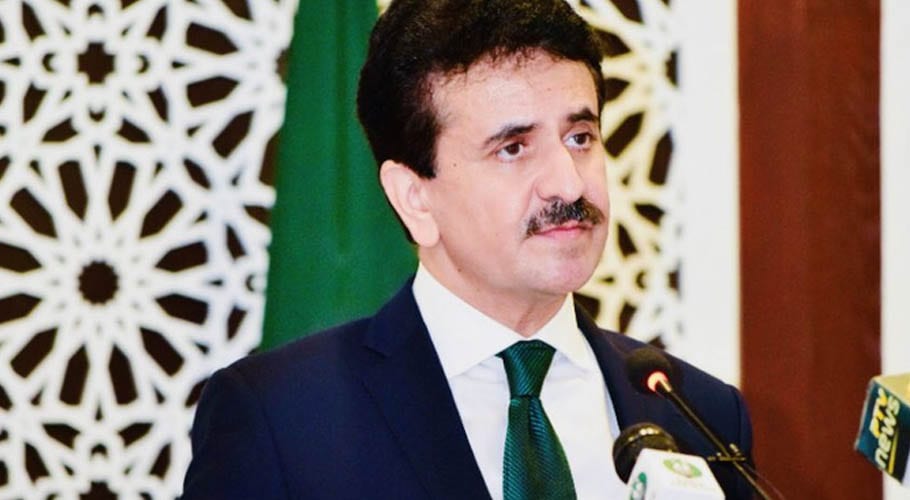ISLAMABAD: Pakistan has categorically rejected Indian allegations of cross-border infiltration, saying the movement against illegal occupation in the Jammu and Kashmir is indigenous.
In a statement, the Foreign Office spokesperson Zahid Hafeez Chaudhry said peace and security in the region is threatened by India’s brutalization of Kashmiri people and refusal to resolve the dispute in accordance with the UN Security Council Resolutions.
The spokesperson issued the statement in response to media queries regarding the comments made by Indian External Affairs Minister S Jaishankar at the Hoover Institute in Washington.
He said India’s illegal and unilateral actions of 5th August, 2019 in the occupied territory are against international law. “India’s illegal and unilateral actions of 5 August 2019 in IIOJK were against international law and manifestly anti-peace,” the spokesperson said.
“The movement against the Indian occupation and its state-sponsored terrorism in IIOJK is indigenous and is likely to continue till India decides to act in accordance with the UNSC resolutions, mandating a free and impartial plebiscite in the occupied territory.”
The spokesperson said since 1947, the Jammu and Kashmir dispute continued to be the core outstanding issue between Pakistan and India, awaiting settlement as per international legitimacy.
He said rather than regurgitating insinuations against Pakistan, India will be well advised to create enabling environment for a meaningful and result-oriented engagement for resolution of the Jammu and Kashmir dispute as well as any other issues.
“Bigger issues” than ceasefire
Indian External Affairs Minister S Jaishankar on Wednesday underlined that the recent agreement between the militaries of India and Pakistan on a ceasefire was a “good step” but there are “obviously bigger issues”.
He said that India cannot accept terrorism or it cannot accept that in any way legitimate as diplomacy or as any other aspect of statecraft.
Jaishankar made the comments during a conversation with former US National Security Advisor General HR McMaster presented by the Hoover Institution.
“Look what I can tell you at this point of time, is that we had an agreement some weeks ago between our Director General of Military Operations that we would not fire across at each other, across the Line of Control, which has seen a lot of that. And it’s seen a lot of that, mainly because there’s been infiltration from their side,” Jaishankar said while responding to a question on Pakistan.
“So, the basis for not firing is very clear because the reason for firing is infiltration so if there is no infiltration there’s obviously no reason to fire. That’s a good step. But I think there are obviously bigger issues,” the Indian minister, currently on an official visit to the United States, added.
The militaries of India and Pakistan, in a surprise announcement on February 25, said that they had agreed to strictly observe all agreements on ceasefire along the Line of Control in Jammu and Kashmir and other sectors.




































